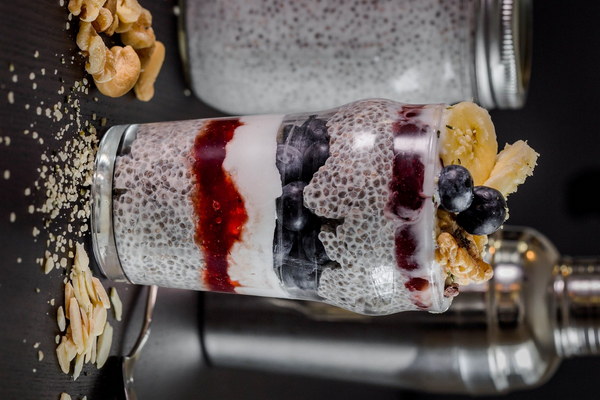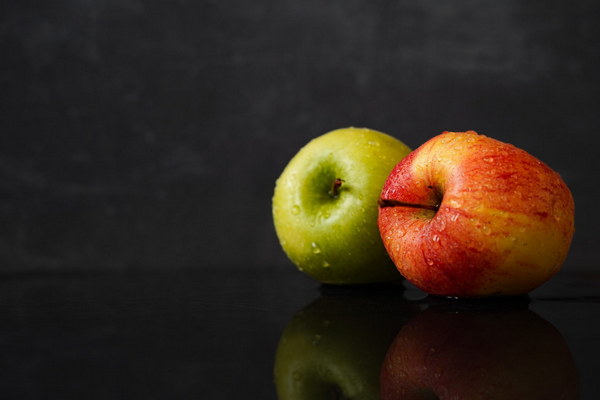When to Start Anti-Aging The Ideal Age for Preventive Skincare
As we journey through life, the aging process is inevitable. However, the question of when to start anti-aging efforts remains a topic of great debate. Many people wonder if it's too early to begin or if they've already missed the boat. In this article, we will explore the ideal age for initiating anti-aging skincare routines to ensure that your skin remains youthful and healthy for years to come.
The general consensus among dermatologists is that it's never too early to start anti-aging. The key is to begin with a preventive approach rather than waiting for visible signs of aging to appear. Here's a breakdown of when to start anti-aging based on different age groups:
1. Teenagers (13-19 years old)

While teenagers may not have visible signs of aging, this is an excellent time to start establishing good skincare habits. The skin is still resilient, and beginning with a gentle, non-irritating cleanser can help maintain its health. Additionally, using a broad-spectrum sunscreen daily can prevent premature aging and skin damage caused by UV rays.
2. Young adults (20-30 years old)
In your 20s, your skin is still producing collagen and elastin, which are essential for maintaining a youthful appearance. It's crucial to continue using sunscreen and incorporate a gentle, moisturizing cleanser into your routine. You may also start considering a gentle exfoliant to remove dead skin cells and promote cell turnover.
3. Early 30s
By the time you reach your early 30s, it's time to introduce a more targeted anti-aging product, such as a serum with antioxidants, peptides, or retinoids. These ingredients can help combat free radicals, improve skin texture, and reduce the appearance of fine lines and wrinkles. It's also essential to maintain a consistent skincare routine and continue using sunscreen daily.
4. Mid-30s to 40s
During this stage, your skin may start showing more noticeable signs of aging, such as deeper wrinkles and loss of elasticity. In addition to using a potent anti-aging serum, consider incorporating a retinol cream or a wrinkle-fighting moisturizer. Regular use of a retinoid can stimulate collagen production, reduce the appearance of wrinkles, and improve your skin's overall texture.
5. Late 40s to 50s
As you approach your 40s and 50s, your skin's natural oil production decreases, leading to drier and more sensitive skin. It's essential to use a richer, more emollient moisturizer and consider incorporating a peptide serum or a growth factor product to stimulate cell turnover. Don't forget to continue using sunscreen to protect your skin from further damage.
6. 50s and beyond
In your 50s and beyond, your skin will likely experience a significant decrease in elasticity and an increase in wrinkles and age spots. It's crucial to maintain a comprehensive anti-aging skincare routine, which may include a combination of retinoids, peptides, antioxidants, and growth factors. Consult with a dermatologist to determine the best products for your specific skin needs.
In conclusion, the ideal age for starting anti-aging skincare is during your teens, as it's essential to establish good habits early on. However, it's never too late to begin a preventive anti-aging regimen. By incorporating a tailored skincare routine and using products that target specific concerns, you can help maintain a youthful appearance for years to come. Remember, consistency is key, and it's essential to stay committed to your skincare routine for the best results.









